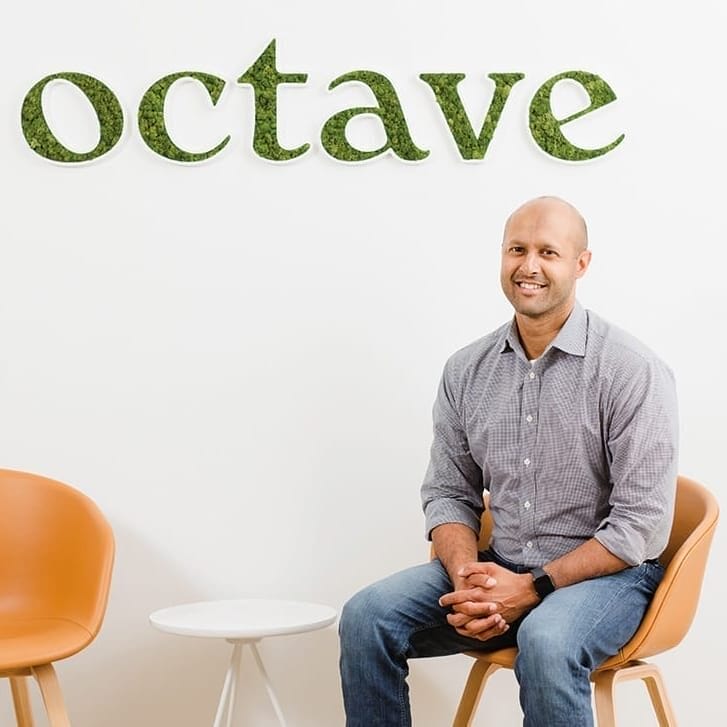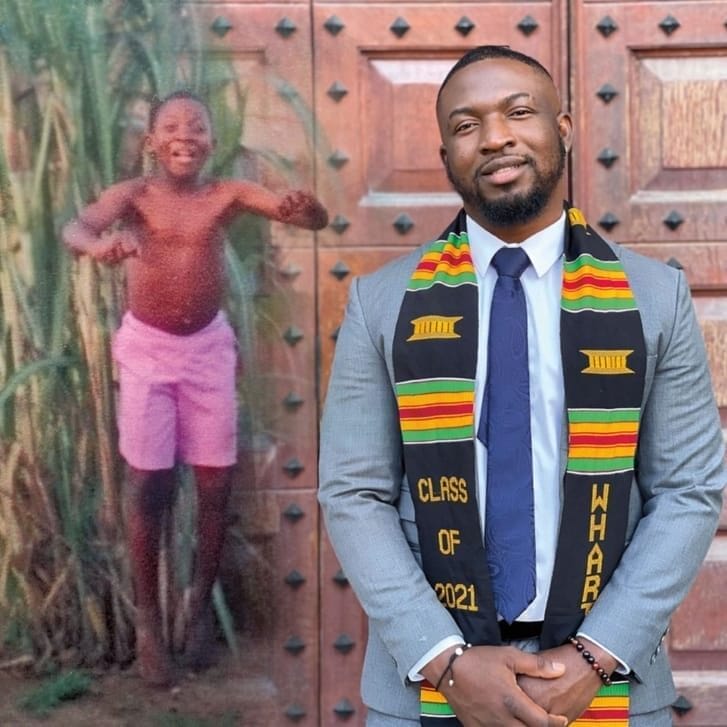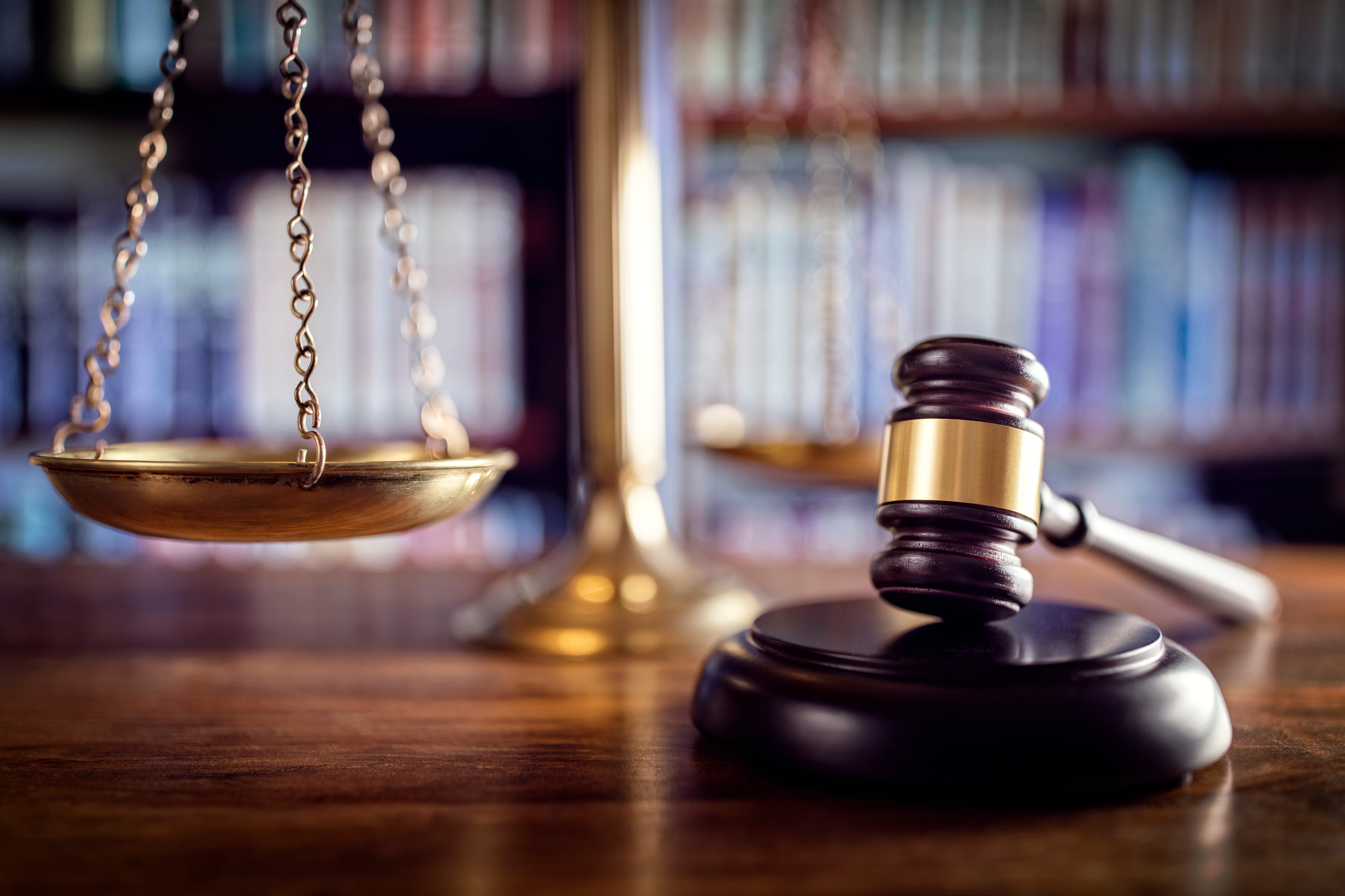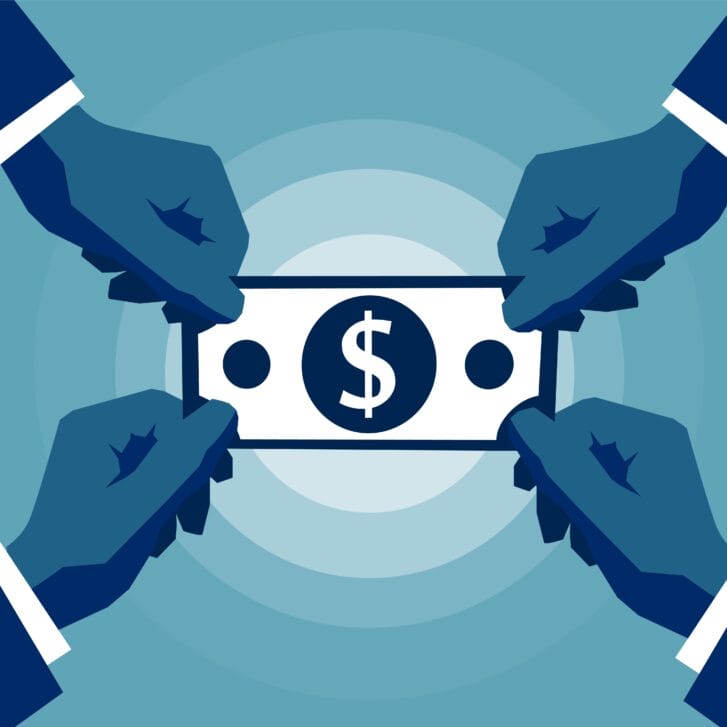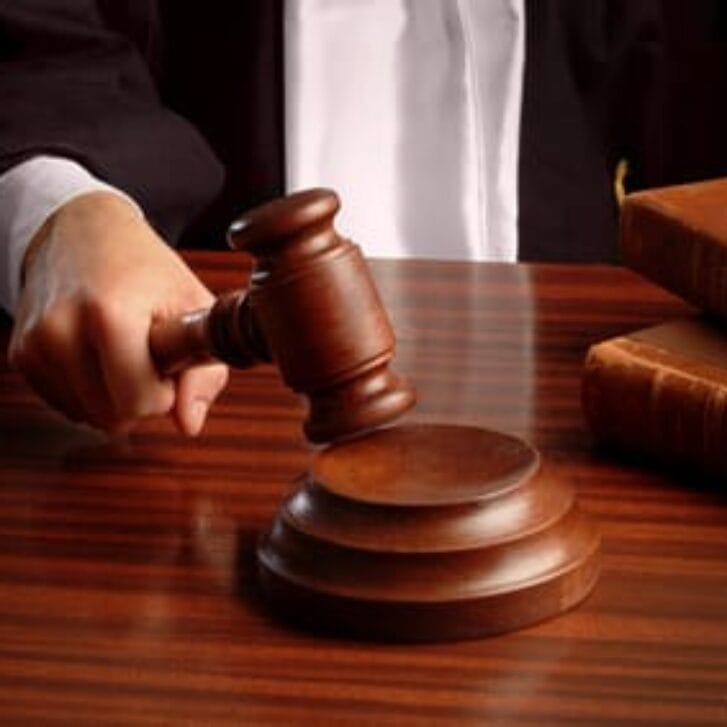The Supreme Court nominee’s position on libel law could have a devastating effect on the media.
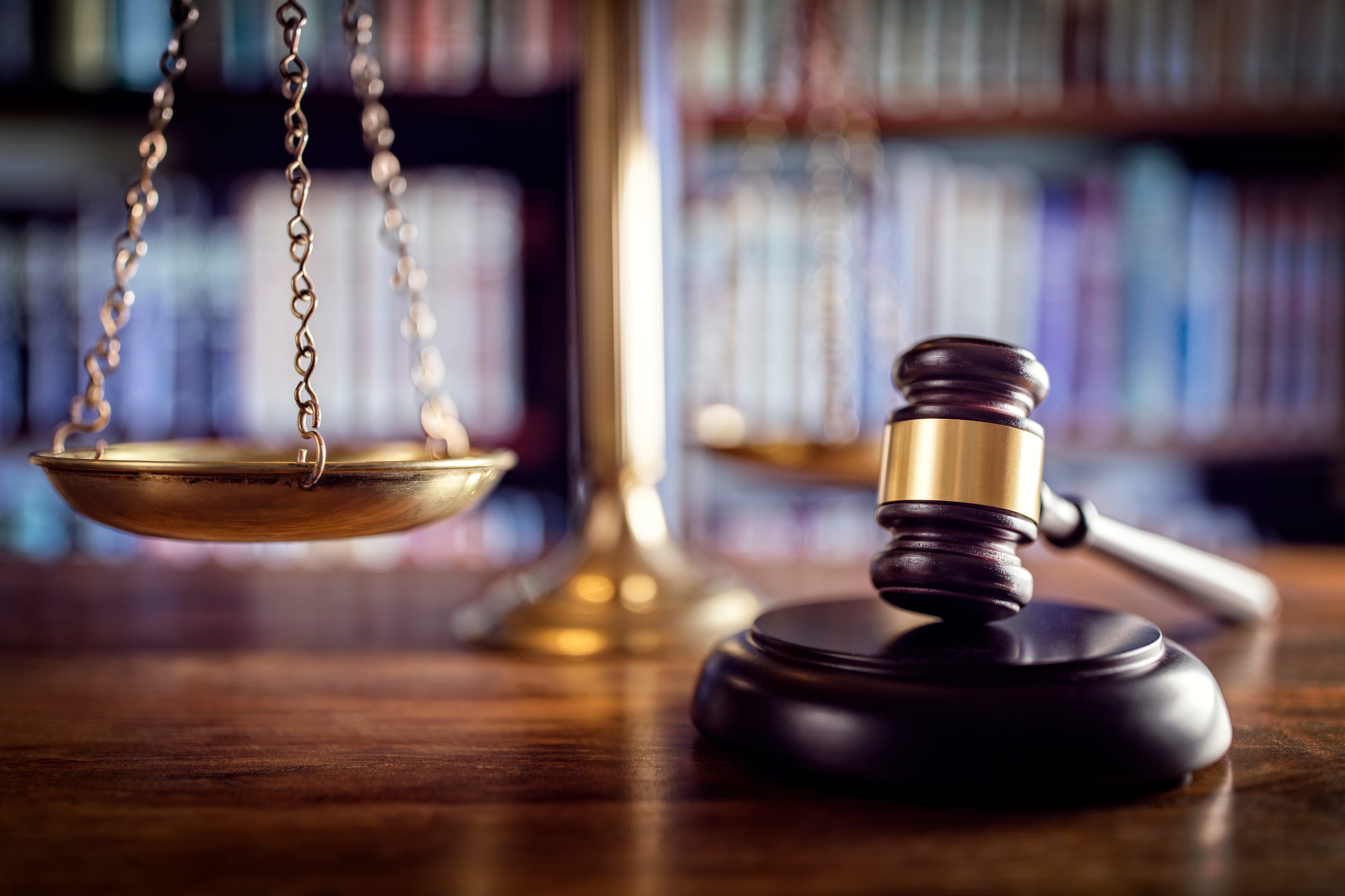
Photo: ThinkStock
President Donald Trump’s nomination of Neil Gorsuch to the U.S. Supreme Court has kicked off what promises to be a contentious confirmation process. There were questions about Judge Gorsuch’s views on Roe v. Wade during Tuesday’s confirmation hearing, but the Senate Judiciary Committee should have grilled him on what he would do if Trump carries out his threat to “open up” America’s libel laws in a way that exposes the media to liability for criticizing Trump and other public officials.
In 1960, civil rights activists published a full-page ad in the New York Times that outlined various acts of police brutality against Dr. Martin Luther King and student activists. L.B. Sullivan, an elected official with responsibility for supervising the police, sued the Times, along with four African-American ministers mentioned in the ad, for libel. An Alabama jury awarded Sullivan $500,000, a staggering sum at the time, but a mere drop in the bucket when compared to the almost $300 million in lawsuits southern officials had already brought against the press.
In 1964, the U.S. Supreme Court did not just reverse the decision—it fundamentally altered the nature of libel law by creating a “public figure defense.” The Court concluded that constitutional guarantees of free speech, equal protection and due process prevented a public official from succeeding in a libel suit relating to his official conduct unless he was able to prove actual malice. In other words, unless someone published a statement he knew was false or had a “reckless disregard” for the truth, it was open season to criticize public officials.
It is difficult to overstate the impact New York Times Co. v. Sullivan has had on the relationship between America’s politicians, public servants, the free press, and the public for more than five decades.
Libel laws are very different in Canada, where public officials enjoy the same protections as ordinary citizens. For example, when the opposition Liberal party ran an ad accusing Prime Minister Stephen Harper and his Conservatives of attempting to bribe independent MP Chuck Cadman, Harper personally sued the Liberal party for $3.5 million and asked for an injunction to prevent the offending material from being used in additional ads. Harper then—so the Liberals said at the time—ran out the clock by delaying any hearing until after the 2008 election. Former Prime Minister Brian Mulroney has sued both the federal government and a Liberal MP for alleging that he took bribes during his tenure as Prime Minister.
In my media law practice, I have been fortunate enough to work on film and television projects with incredibly talented producers on both sides of the border, and when I tell my American clients and colleagues just how different things are here, they are usually dumbstruck. Nevertheless, Canadian democracy survives.
American democracy, with its more litigious culture and massive damages awards, would wither and die if it adopted the Canadian approach. Consider that President Trump is very candid about his hostility toward the free press. He and Chief Strategist Steve Bannon have variously referred to the media as the “crooked press,” “dishonest” and “the opposition party.” Trump even once sued a biographer who suggested he exaggerated his net worth. Because the definition of “public figure” has expanded since Sullivan, the goal of these kinds of suits often is not to win, but to stifle critics by burying them in costly litigation.
Carrying out the president’s campaign promise to “open up” America’s libel laws would be difficult, but a Supreme Court willing to overturn Sullivan would undoubtedly be the first step. Libel laws are a state power, so even then states could continue to follow the Sullivan standard; however, since news is disseminated nationwide, Trump might only need one state to change its laws to file a suit.
There are impediments to that kind of “forum shopping,” but if the District of Columbia were to change its libel laws, that would probably remove those obstacles and open the floodgates to lawsuits from politicians whose interests—or egos—were injured by their political opponents.
The conventional wisdom about Judge Gorsuch is that he will not run roughshod over the Court’s existing jurisprudence, so for now this scenario sounds far-fetched. But conventional wisdom has been consistently wrong about all things Donald Trump for some time now, and this likely will not be his last Court appointment.
Abortion is undeniably an important issue. But in the absence of a free press, activists on both sides might as well scream into the void. Hopefully the Judiciary Committee keeps that in mind as they put Judge Gorsuch and any future Trump appointee through their paces.


















